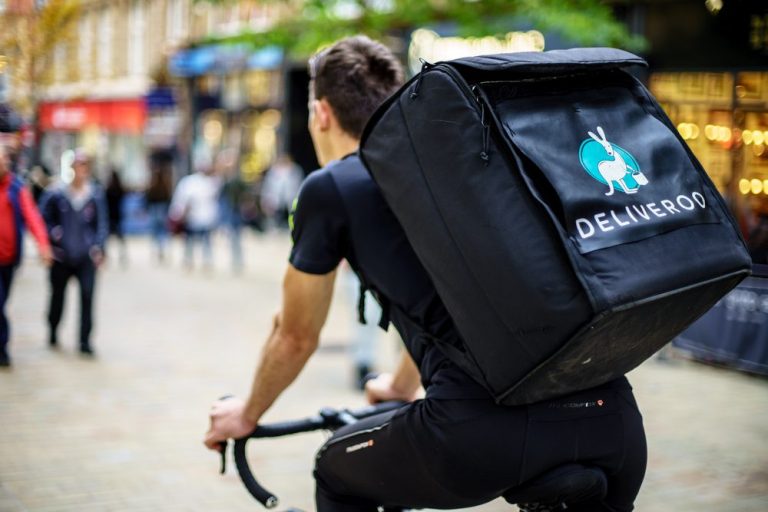Deliveroo Cuts 9% of Global Workforce, Citing ‘Economic Headwinds’

Deliveroo is laying off 9% of its global workforce.
In an open message published on the company’s website on Thursday (Feb. 9), Deliveroo CEO and founder Will Shu said that approximately 350 roles would be affected. However, he added that the company expects the final tally to be closer to 300 once redeployments are accounted for.
In a tale many tech startups have repeated over the past year, Shu said that the layoffs are part of the company’s strategy to achieve profitability following a decade of investing heavily in its global expansion.
“When Deliveroo launched 10 years ago we and our competitors focused relentlessly on growth. We invested heavily with the expectation that profits would follow in the future. As we have discussed many times during the last year, that future is now,” he stated.
The message explains that Deliveroo grew its headcount rapidly in response to a pandemic-fueled boom in demand for its services. “By contrast, we now face serious and unforeseen economic headwinds,” Shu wrote.
He said that Deliveroo should have had “a more balanced approach to headcount growth,” during the boom years but that he didn’t anticipate so many macro headwinds arriving at once.
Alluding to the company’s exit from the Netherlands, he said Deliveroo no longer requires the same size workforce to support its operations. “Quite bluntly, our fixed cost base is too big for our business.”
In the presentation of Deliveroo’s fourth-quarter financial results recently, Shu reported that rising prices have negatively impacted customer loyalty, hitting the firm’s revenues.
However, with the number of monthly active users sliding, he pointed to growth in the grocery segment as the silver lining to Deliveroo’s otherwise disappointing results.
“One thing that’s also helped a bit is grocery. Grocery, as we introduced before COVID, really has been habitual for people, and I think what we’re seeing is that instead of maybe doing a weekly shop, people are splitting up their previous weekly shop into smaller baskets,” he commented.
He added that the company expects the trend for smaller, more frequent grocery purchases to continue.
For all PYMNTS EMEA coverage, subscribe to the daily EMEA Newsletter.